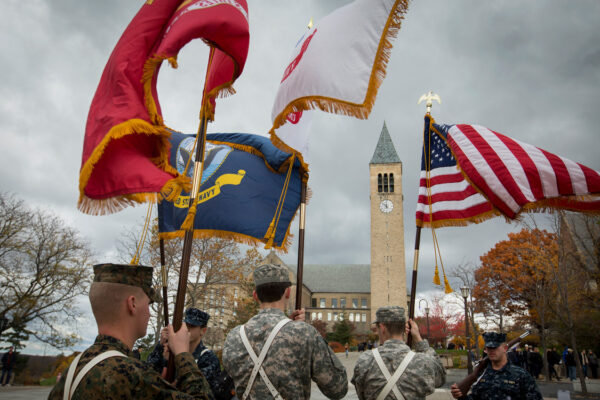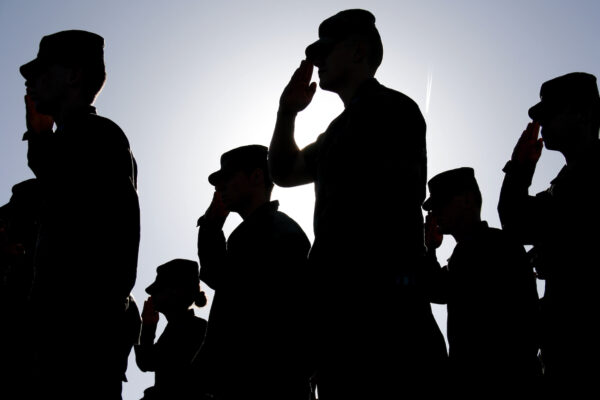New Report Looks at How Enrolling Student Veterans Can Benefit Higher Education Institutions
Title: Enrolling and Supporting Student Veterans Is the Right Thing to Do – The Right Thing for Higher Education
Source: George W. Bush Institute Stand-To Veteran Higher Education Task Force
A new report from the George W. Bush Institute’s Stand-To Veteran Higher Education Task Force recently released a report focuses on the often-underestimated returns that institutions of higher education receive by enrolling student veterans.
Veterans are not your typical students: Most are between the ages of 24 and 40, almost half are married, and almost half have children. But these student veterans are great assets to any campus for a wide range of reasons, including culturally and financially.
Enrolling and Supporting Student Veterans Is The Right Thing to Do – The Right Thing for Higher Education indicates that student veterans have high retention rates and high outcome rates. They also bring with them long-term stable funding by virtue of their access to many federal financial programs. The Forever GI Bill, for one, covers about 98 percent of educational costs at public institutions of higher learning and about 70 percent of the costs at private colleges and universities. The Department of Veterans Affairs’ Yellow Ribbon program helps student veterans pay for tuition at private institutions that the GI Bill does not cover.
Student veterans bring invaluable political capital to campus, specifically by providing a unique and historical resonance for lawmakers.
Fundraising in support of veterans can also highlight veteran-recognition programs. Veteran alumni often support fundraising efforts to develop veteran student organizations and veteran-focused research. Additionally, efforts to raise awareness of the military experience, programs that integrate veterans into the general student population, and mentorship opportunities are popular ways for alumni to give back to their institution.
The report offers recommendations to attract, enroll, and support student veterans while retaining or regaining proven programs and services to optimize their success. It stresses that as colleges and universities navigate funding challenges exacerbated by the pandemic, veterans’ advocates on campus and beyond must amplify the message that supporting student veterans is in the best interest of their institution.
The report can be accessed at www.bushcenter.org/veterans
If you have any questions or comments about this blog post, please contact us.

